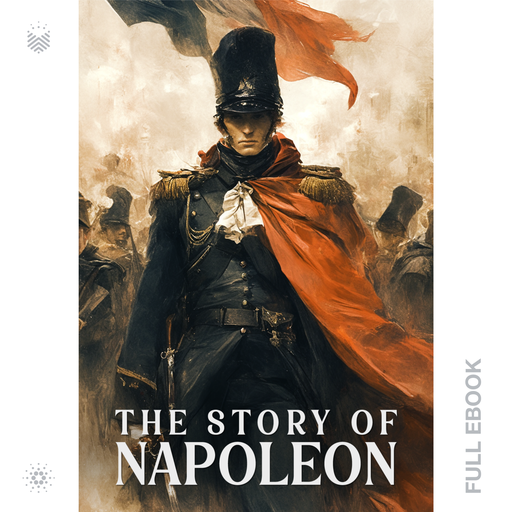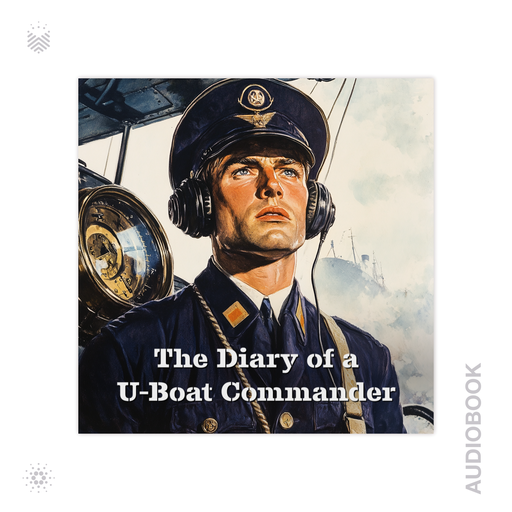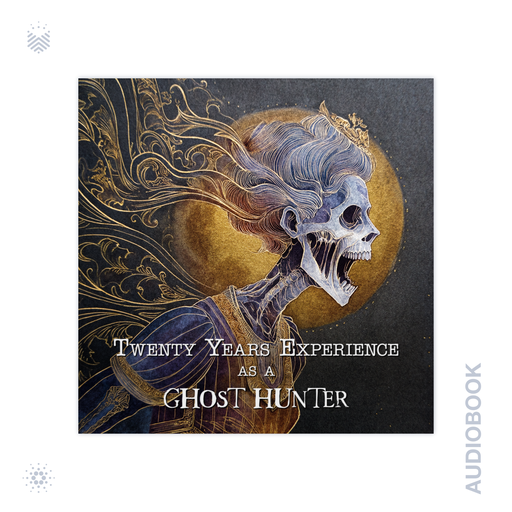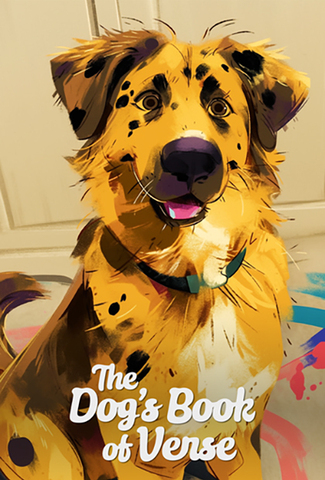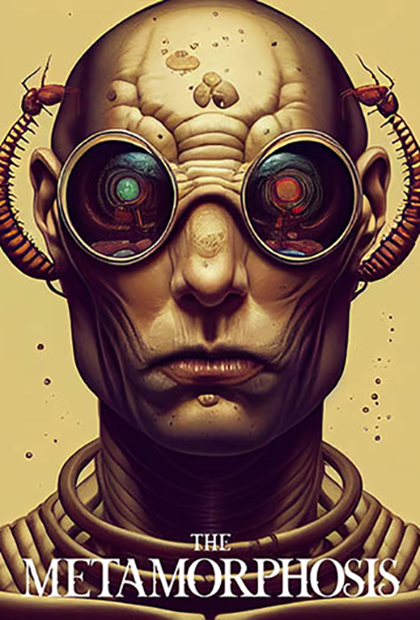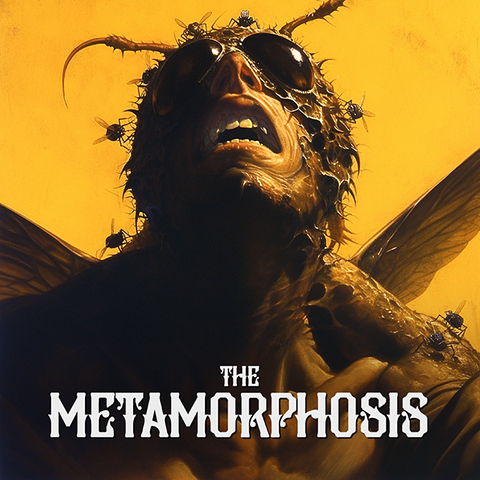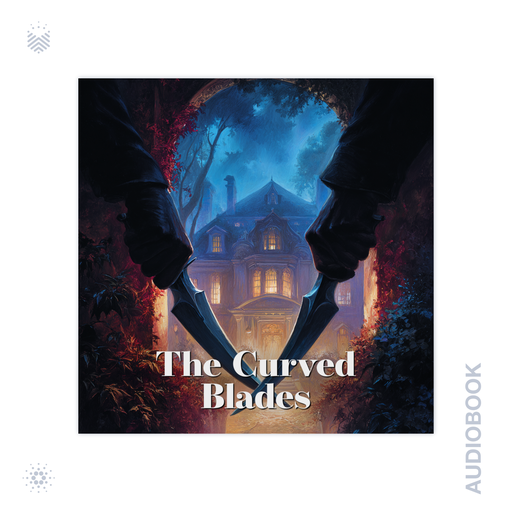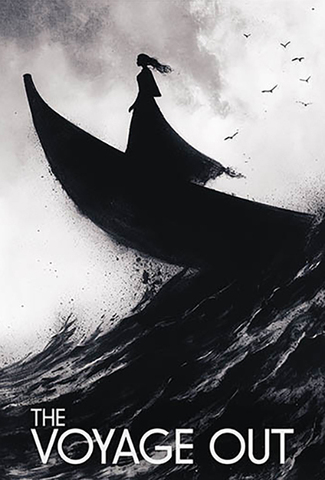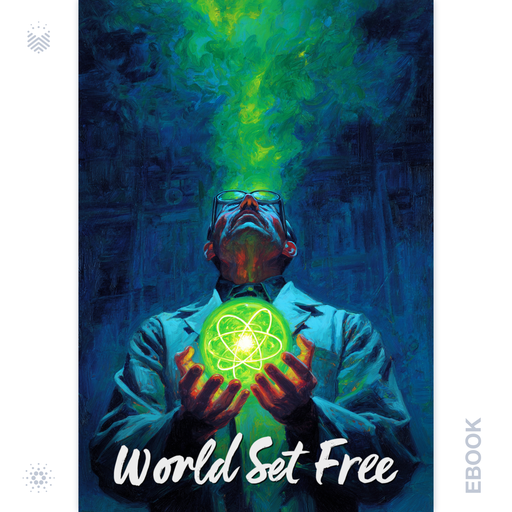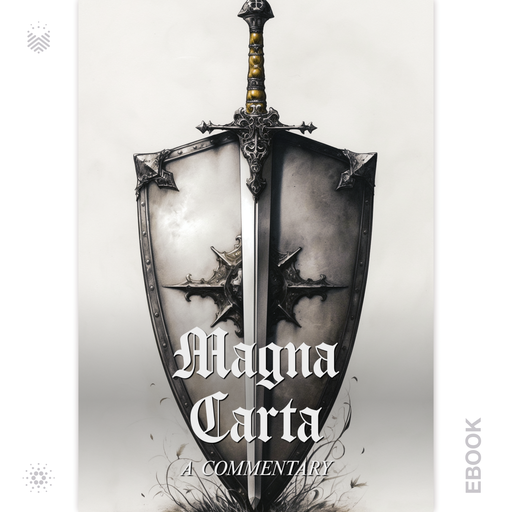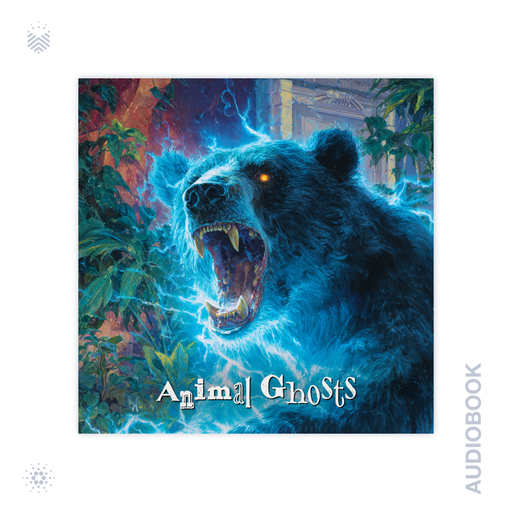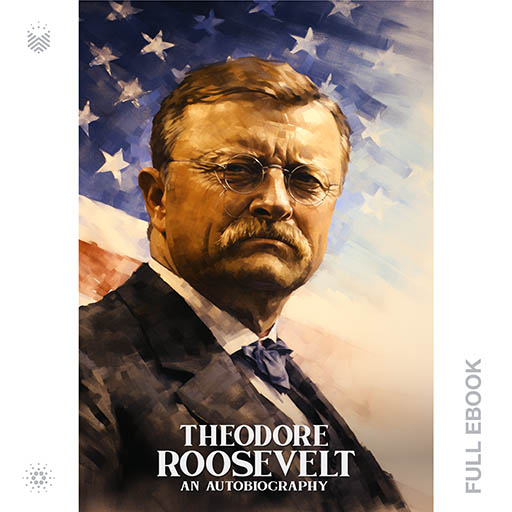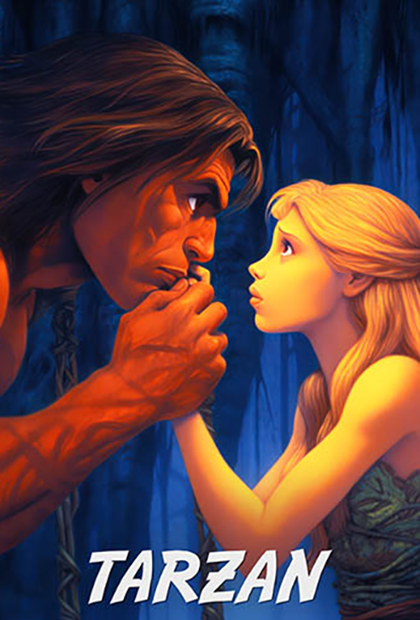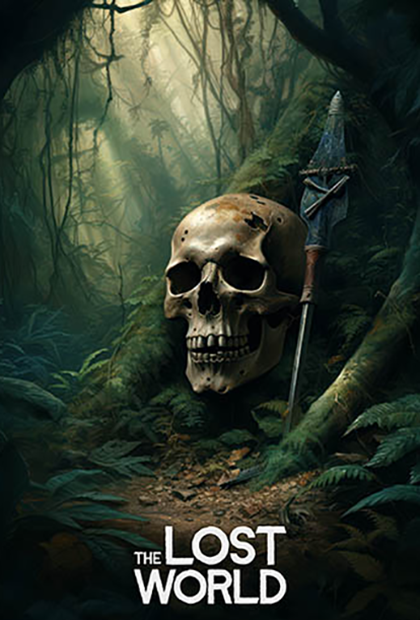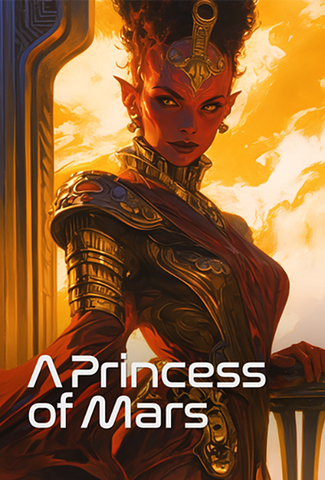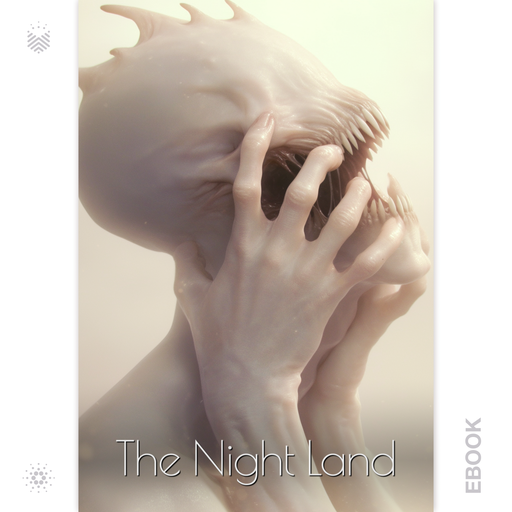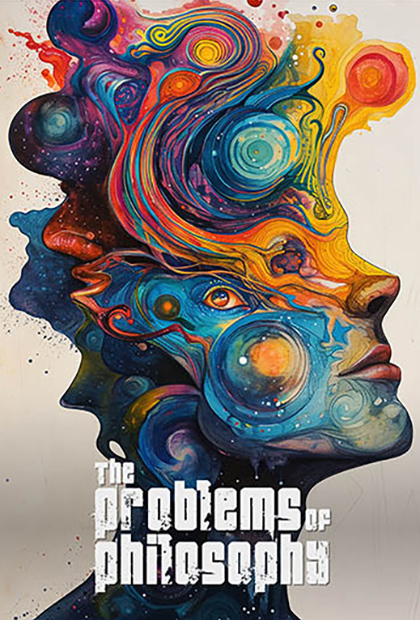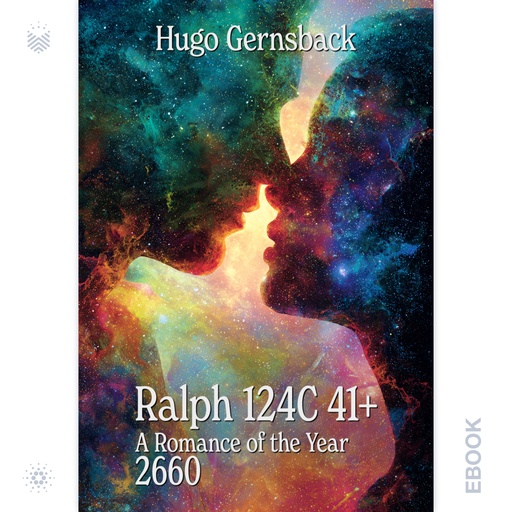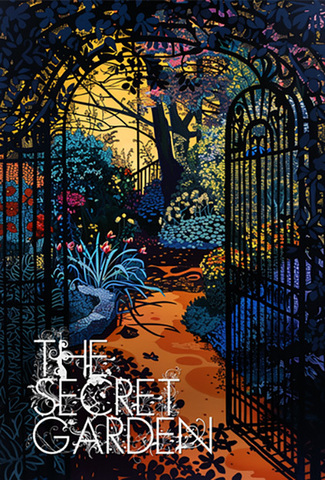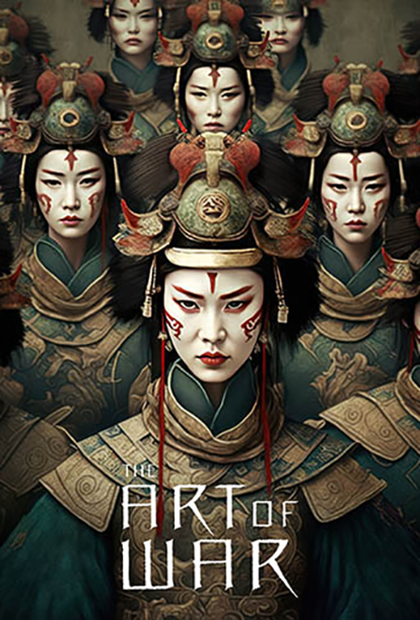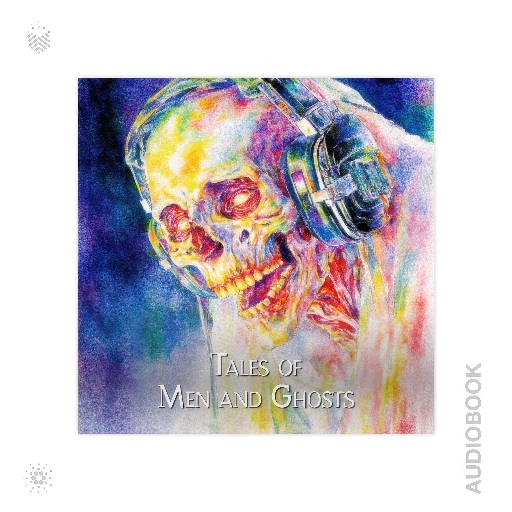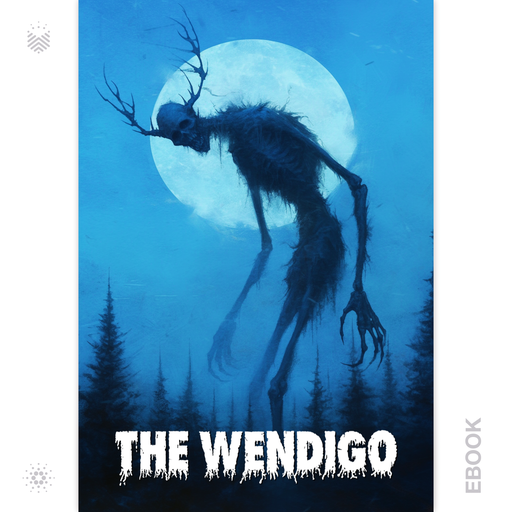by Harold Wheeler
Harold Wheeler’s “The Story of Napoleon” presents a thorough biography of the renowned French military commander, Napoleon Bonaparte.
Napoleon Bonaparte was a towering figure in European history, known for his military prowess, strategic brilliance, and ambitious political endeavors.Throughout the book, Wheeler guides readers through Napoleon’s life, tracing his origins, ascent to authority, and eventual decline.
… Read More
by R.N. Etienne
Beneath the waves, in the silent and deadly world of submarine warfare, one man chronicles his experiences with chilling honesty. The Diary of a U-Boat Commander offers a rare and intimate glimpse into the life of a German naval officer during World War I. Through his personal journal, we witness the triumphs, tensions, and moral conflicts of a commander navigating both the perils of war and his own conscience. This gripping account brings history to life, immersing listeners in the unseen battl… Read More
by Elliott O'Donnell
Elliott O’Donnell recounts his personal encounters with the supernatural in Twenty Years’ Experience as a Ghost Hunter, offering vivid tales drawn from his investigations across haunted sites in Britain and beyond. With a direct and confident voice, O’Donnell invites readers into the eerie world of ghost hunting as he saw and lived it, blending anecdote, folklore, and his unshakable belief in the spirit realm.
… Read More
by J. Earl Clauson
“The Dog’s Book of Verse, compiled by J. Earl Clauson, is a poetic anthology that joyfully commemorates the unique bond between dogs and their owners.”
by Franz Kafka
The Metamorphosis by Franz Kafka is the eighth release in the Book.io Classics: Monster Editions. The Metamorphosis, first published in 1915, is the story of a young man who, upon waking, discovers he has transformed into a giant insect. Widely considered a masterpiece and broadly studied, The Metamorphosis is a psychological study of Gregor’s family and the world around him as he struggles through life as a giant bug.
… Read More
by Franz Kafka
Imagine waking up one morning to find yourself transformed into a giant insect. Franz Kafka’s The Metamorphosis plunges readers into this eerie scenario, where Gregor Samsa’s life spirals into isolation and despair. Kafka’s powerful exploration of alienation, identity, and the struggle to maintain humanity in a dehumanizing world makes this short novel a timeless and haunting masterpiece that grips the imagination from the very first page.
… Read More
by Carolyn Wells
In The Curved Blades, Carolyn Wells launches the reader into a chilling murder mystery where high society masks darker secrets. The story wastes no time as it introduces a suspicious death at a lavish estate, immediately casting a shadow over its elite guests. Wells moves swiftly to set up intrigue, delivering sharp dialogue, subtle clues, and a roster of complex characters with hidden motives.
Read More
by Virginia Woolf
“The Voyage Out” is the first novel written by British author Virginia Woolf. It was published in 1915. The novel is a coming-of-age story, and it explores themes such as self-discovery, social conventions, and the constraints placed upon women in the early 20th century.
Read More
by H.G. Wells
Rare Evo ’25 Exclusive
The World Set Free by H.G. Wells is a visionary 1914 novel that predicted the development of nuclear weapons decades before their invention. In this prophetic work, Wells explores how humanity harnesses atomic energy and unleashes destruction on a global scale, only to rebuild society on new foundations of peace and cooperation.
Read More
by William Sharp McKechnie
Magna Carta: A Commentary on the Great Charter of King John offers readers a deep and detailed examination of one of the most pivotal documents in history. McKechnie’s work brings the Magna Carta to life, exploring its legal implications, historical context, and lasting influence on democratic principles worldwide.
Read More
by Elliott O'Donnell
Rare Evo ’25 Exclusive
Animal Ghosts by Elliott O’Donnell is a fascinating collection of supernatural accounts focused on spirits of animals. First published in 1913, this work blends folklore, anecdotal evidence, and personal investigations into eerie tales of ghostly pets, spectral creatures, and otherworldly beasts that linger beyond death.
Read More
by Theodore Roosevelt
“Theodore Roosevelt: An Autobiography” is an autobiographical work written by the 26th President of the United States, Theodore Roosevelt. Roosevelt wrote the autobiography in 1913 and published it in 1914, shortly after the end of his presidency (1901–1909). The book covers Roosevelt’s early life, political career, and experiences as president.
Read More
by Edgar Rice Burroughs
“Tarzan of the Apes” is a novel written by Edgar Rice Burroughs. It was first published in 1912 and is the first book in the series known as the “Tarzan” series. The story follows the adventures of Tarzan, a man who was raised by apes in the African jungle.
The novel begins with the shipwreck of the English couple John and Alice Clayton on the west coast of Africa. They manage to survive and build a treehouse, but are eventually killed by the savage apes. However, their infant son, John … Read More
by Sir Arthur Conan Doyle
“The Lost World” is a novel by Sir Arthur Conan Doyle, first published in 1912. It tells the story of an expedition led by Professor Challenger, a controversial and eccentric scientist, to a remote plateau in South America where prehistoric creatures still exist.
The novel follows the adventures of Challenger and his team, including journalist Edward Malone and hunter Lord John Roxton, as they explore the plateau and encounter a variety of dangerous creatures, including dinosaurs and ape-men… Read More
by Frederick A. Talbot
In Frederick Talbot’s “Moving Pictures,” readers are taken on a captivating journey through the history and significance of cinema. Talbot provides a comprehensive examination of the evolution of film, from its humble beginnings as a novelty to its transformation into a powerful cultural phenomenon. Through vivid storytelling and meticulous research, he traces the technological advancements, artistic innovations, and societal influences that have shaped the medium over the deca… Read More
by Edgar Rice Burroughs
In Edgar Rice Burroughs’ science fiction masterpiece, “A Princess of Mars,” readers are transported to a captivating world of adventure and intrigue. Set on the exotic and mysterious planet of Barsoom (Mars), the novel follows the remarkable journey of John Carter, a Confederate veteran who finds himself mysteriously transported to the red planet.
Read More
by William Hope Hodgson
The Night Land by William Hope Hodgson transports readers to a distant, post-apocalyptic future, where Earth is locked in eternal darkness. Humanity’s last survivors are protected within the Last Redoubt, a towering fortress that stands against the horrors lurking beyond. But when a voice from the past calls to him, the protagonist sets out on a perilous journey across the desolate, nightmarish landscape to uncover a long-lost colony.
… Read More
by Bertrand Russell
“The Problems of Philosophy” is a philosophical work written by the British philosopher Bertrand Russell. It was first published in 1912. In this book, Russell explores various fundamental issues in philosophy, presenting his thoughts on topics such as the nature of reality, the limits of human knowledge, and the philosophy of language.
Read More
by Hugo Gernsback
Ralph 124C 41+—A Romance of the Year 2660 introduces readers to a visionary future shaped by science and invention. Written by Hugo Gernsback, the novel imagines a world of advanced technology, daring exploration, and human ingenuity, offering one of the earliest glimpses into what would later become known as science fiction.
Read More
by Bram Stoker
The Lair of the White Worm captures the eerie imagination of Bram Stoker, blending ancient myth with Victorian dread. This gripping tale unfolds with a clear sense of menace, as a young Englishman uncovers a terrifying secret buried in the countryside. Stoker plunges readers into a chilling narrative where science, superstition, and survival collide.
Read More
by Frances Hodgson Burnett
Book.io Con ’24 Exclusive
Frances Hodgson Burnett penned “The Secret Garden,” a timeless classic of children’s literature that first captivated readers in 1911. Burnett’s masterful storytelling transports readers into a world of magic and wonder, where the mysteries of the heart and the miracles of nature converge in a tale that resonates across generations.
Read More
by Sun Tzu
“The Art of War” is a Chinese military treatise written by Sun Tzu in the 5th century BC. It consists of 13 chapters, each of which deals with a different aspect of warfare and provides advice on strategy, tactics, and military organization. The central themes of the book are the importance of flexibility in adapting to changing circumstances, the value of strategic deception, and the need to understand and exploit the weaknesses of one’s opponent. The book is still widely read and studied… Read More
by Edith Wharton
Edith Wharton delivers gripping psychological tension and sharp social observation in Tales of Men and Ghosts, a compelling collection of short stories that delve into the uncanny and the morally complex. She crafts each narrative with vivid detail and active voice, immersing readers in eerie encounters and the psychological undercurrents of upper-class life.
Read More
by Algernon Blackwood
In the desolate wilds of Canada, where the silence holds ancient secrets, a chilling legend of terror waits to awaken. The Wendigo by Algernon Blackwood explores the haunting tale of a malevolent spirit that preys on the unsuspecting, drawing readers into a relentless atmosphere of fear and dread.
Read More

